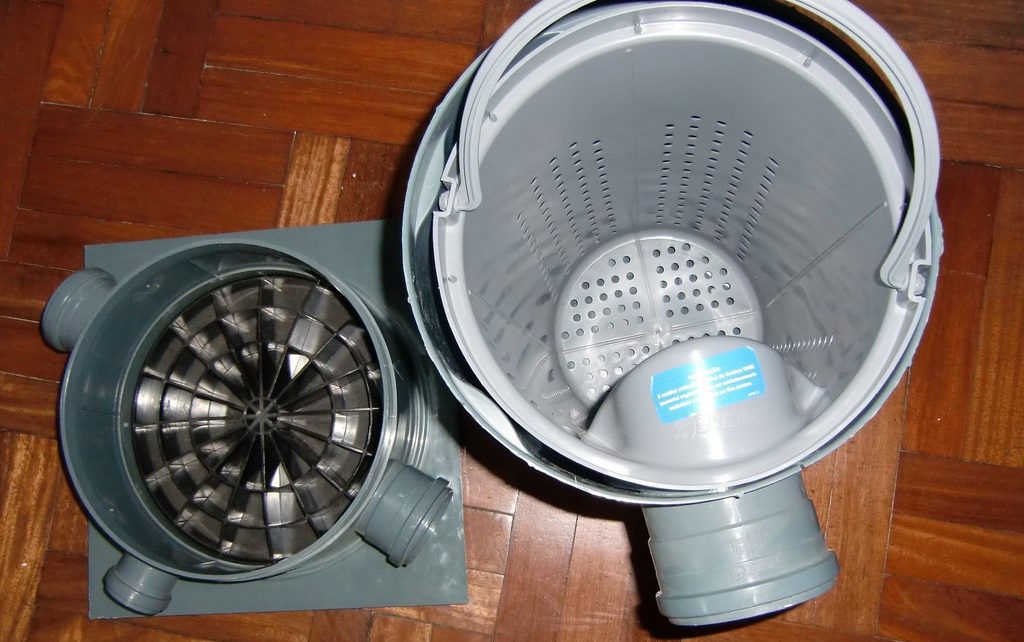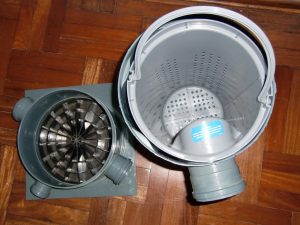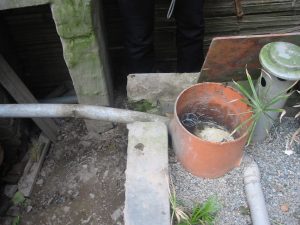All kitchens use grease or fats during cooking, leaving chefs with an important question: how to get rid of the waste?
Disposing of cooking waste down the sink or toilet isn’t an option, as these cause fatty build ups when fat, oils and grease (FOG) block main drainage systems. Not only is this inconvenient to others using the same drainage systems, but is also harmful to the environment and business operations as a whole.
Due to the potential damage incorrectly disposing of FOG products can cause, the government has created a number of laws which relate to FOG disposal and require commercial kitchens to install grease traps to collect FOG waste for proper disposal. Below, we’ll look at the three main laws dealing with FOG disposal.
Water Industry Act 1991
Section 111 of the WIA91 dictates it is a criminal offence to “discharge any matter… which interferes with the free flow of water”. As FOG products can create fatty build ups and blockages in sewers and drainage systems, the disposal of fat or grease into a public sewer can actually be a criminal offence. The penalties of breaking this law generally include recovering the costs of removing blockages, cleaning sewers and remedying any flooding or pollution caused by the illegal waste disposal, in addition to substantial fines and the possibility of imprisonment.
Image Credit
If you’re ever unsure what you can dispose of into a public sewer, use the “3 P’s” rule: Pee, Poo and Paper.
Environmental Protection Act 1990
Section 34 of the EPA90, Duty of Care, states every commercial premises must ensure use of a waste collector which has been licensed by the Environment Agency and a written record of collected waste is kept. Grease traps such as those provided by https://www.ukgreasetrapsdirect.co.uk/ will satisfy this legislation alongside ledgers detailing the collection and correct disposal of the waste.
Section 79 of the EPA90 deals with Statutory Nuisance. This includes the accumulation, deposit, smells or fumes of waste being classified as a Statutory Nuisance and can incur large fines if you’re found to be in breach due to a build up of FOG.
To avoid being caught out by any of the above legislation, ensure your kitchen is fitted with a grease interceptor to filter fats and grease from waste water before the water enters any drainage systems.






